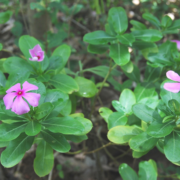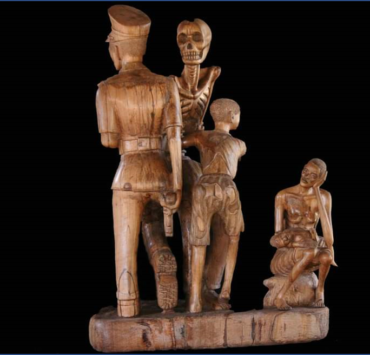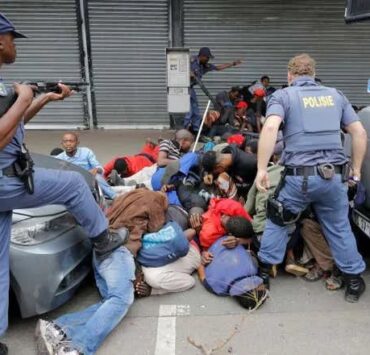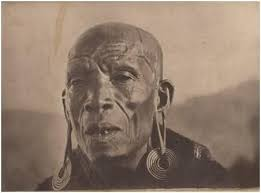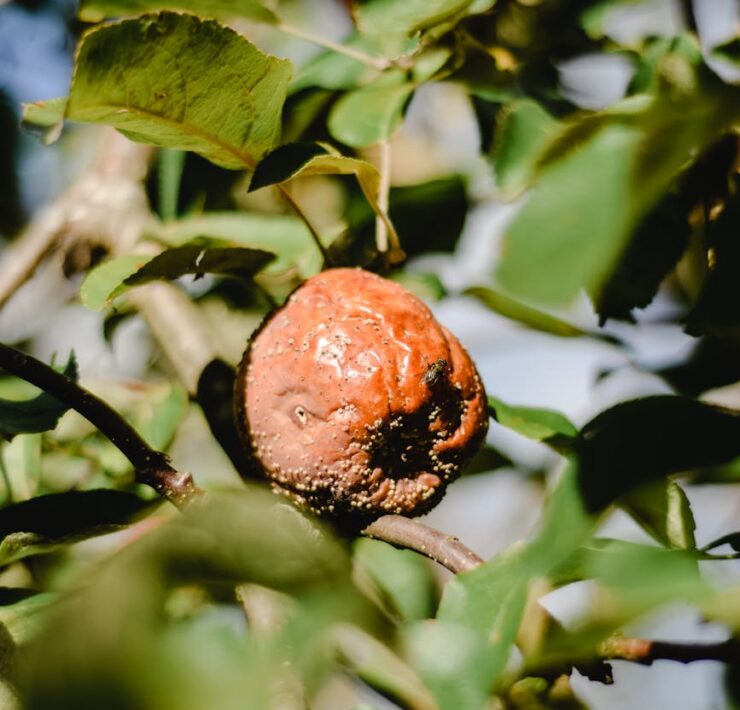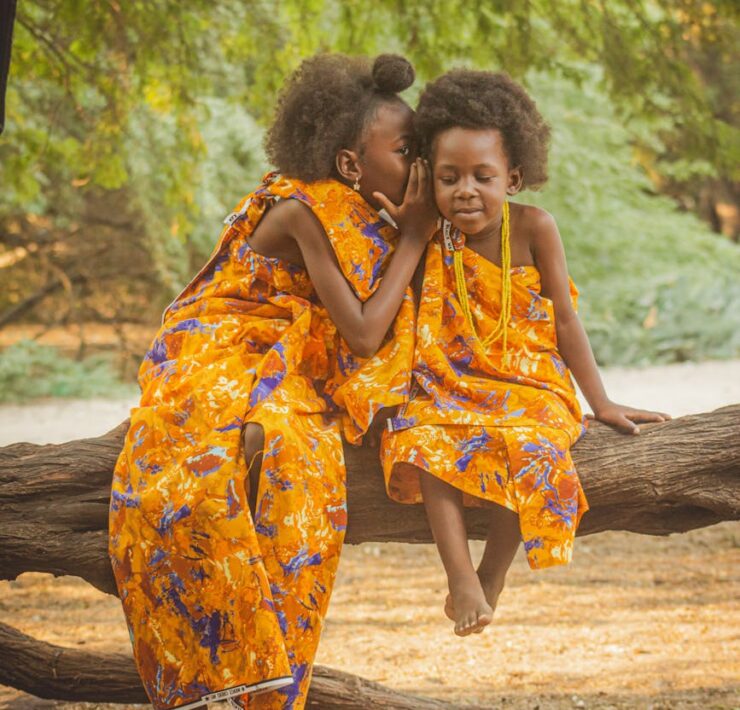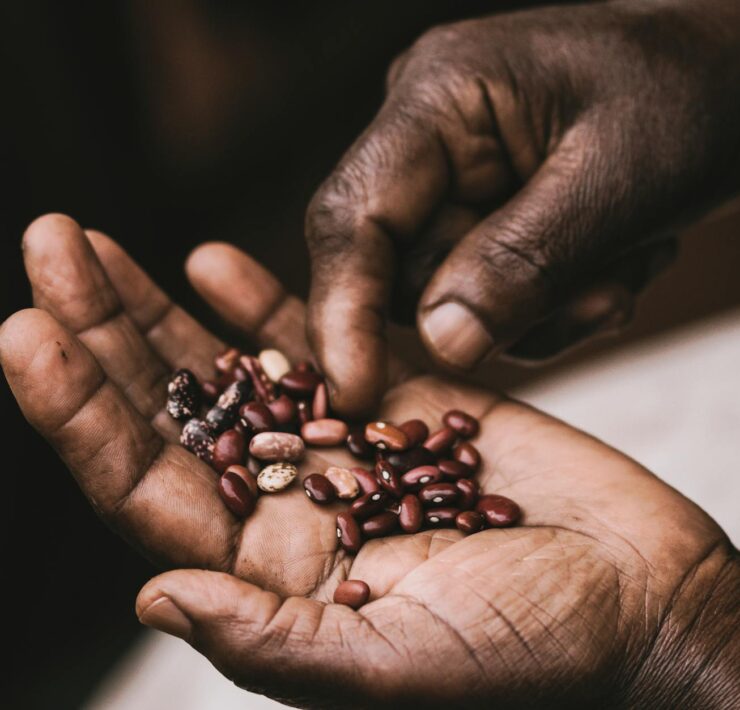What the Heck is Poverty Tourism?
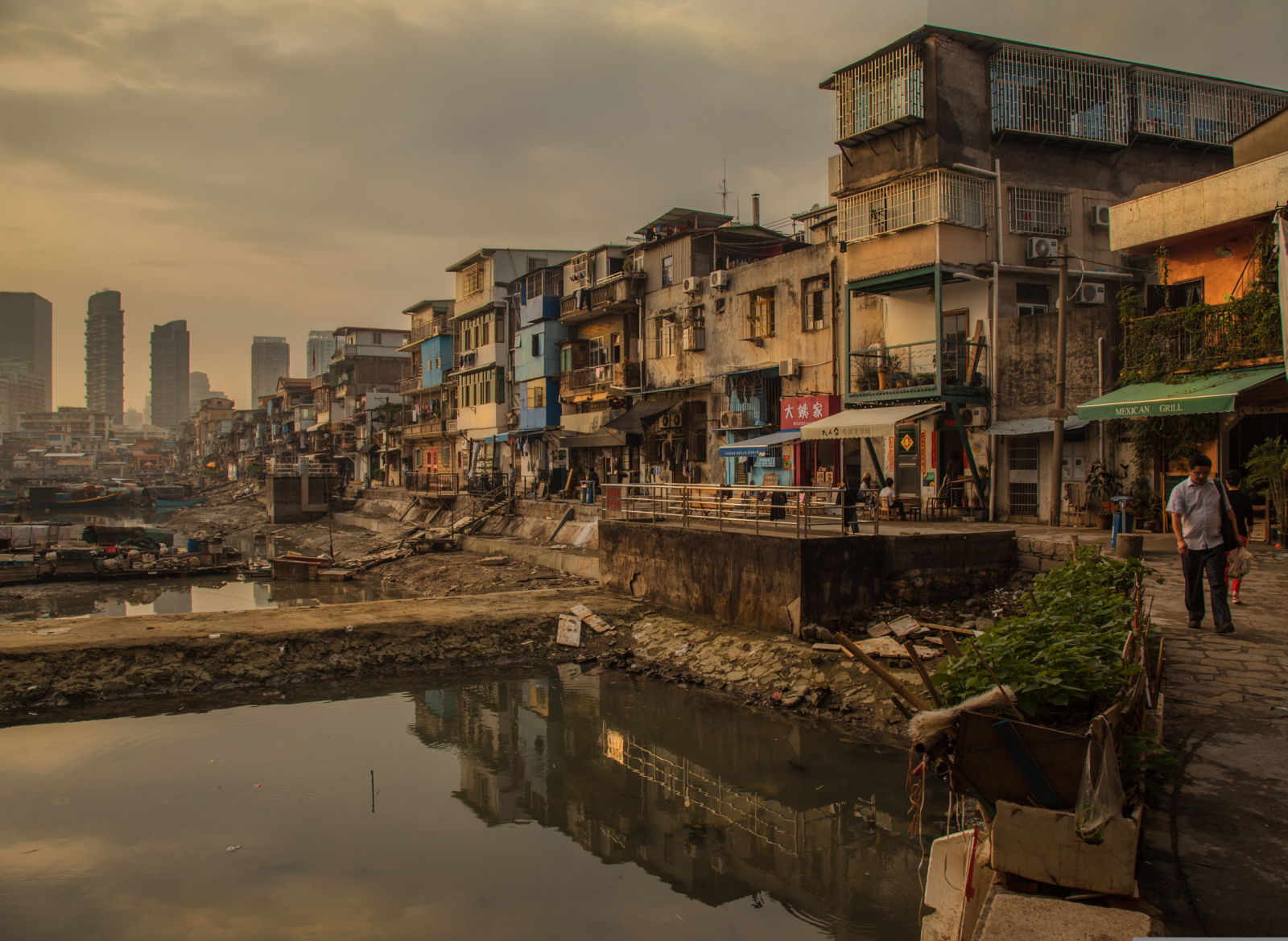
Samuel Phillips is a writer, graphic designer, photographer, songwriter, singer…
Imagine a busload of foreign visitors traipsing down your street, peering into your house, take a selfie in front of your door… Invasive right?
Yet that’s exactly what happens on some tours, often labeled poverty tourism, pity tours, ghetto tourism, reality tours or even poorism – there is no dearth of labels.
Kibera slum is home to nearly a million people. With an average income of less than a pound a day, it is one of the poorest parts of Kenya – a poverty that is attracting Western tourists. Tourism is a money-spinner in many parts of Africa – and for Kenya it is the country’s second largest source of income. Its safaris are world famous, but a recent drop-off in wildlife tourism has given rise to this new type of sightseeing.
(Excerpt from Nomad Africa Magazine, Issue 14)
Now, also imagine for a moment that you are flipping through a physical or online magazine, and suddenly, under the tourism page, you find the photo of yourself and your family having your evening meal made of whatever staple food you usually eat for dinner. Imagine how surprised you would be. Also, imagine that that image was used as the main cover of an article titled “Maize Meal: A Prominent Feature in Africa’s Poor Neighborhoods”. Or something like that. And to add to your surprise, you have no idea of how the image of you and your family was taken, when it was taken, and by whom.
But this is what’s happening in the tourism sector in Africa and it’s been happening for a long time, but now it has a name. How, in the name of anything holy, will a person or group of persons leave their countries, come to an African country, walk into a community of people, take their photos with or without their knowledge, and then post them online as the trophies of their poverty tourism in Africa?
My first visit to the informal settlement known as Kibera or Kibra, was sometime in 2017. The place I lived at the time in Nairobi was just a fence away from Kibera. From my sitting room, you could hear conversations that were going on in the houses on the other side of the fence. That’s how close we were. So, on this particular day, there was a need for me to walk through Kibera, as some assignment of some sort. I borrowed a DSLR Camera that was made available by a brother and entered into Kibera. As soon as I entered this so-called slum, I could see glaringly the sharp contrast between the estate I had just come out of and where I was walking in Kibera, even though it was only separated by a fence.
I saw the houses, some made of wood and iron sheets and some made of cement blocks. I saw the huge dumpsites in very close proximity to the houses. But I also saw people who were going about their daily lives irrespective of what the environment looked like. People, amid that discouraging slum, who still wake up in the morning to get their daily bread. I tried to take photos of these people but I just could not bring myself to. I could not make myself trap them in digital frames that would tag them as poor for posterity.
But here is the painful part of the story, when you search online for the images taken by the so-called poverty tourists, you don’t find them on the free stock photography websites. You find them on sites where they are sold for hundreds of dollars. So, basically, the so-called poverty tourism that tags Africans as poor is again another exploitative means of making money by foreign tourists in Africa. Not to talk of the fact that the world loves it when the narrative about Africa is that of poverty, crisis, and hunger.
What's Your Reaction?
Samuel Phillips is a writer, graphic designer, photographer, songwriter, singer and a lover of God. As an Afrikan content creator, he is passionate about creating a better image and positive narrative about Afrika and Afrikans. He is a true Afrikan who believes that the true potential of Afrika and Afrikans can manifest through God and accurate collaborations between Afrikans. Afrika is the land of kings, emperors, original wisdom, ancient civilizations, great men and women and not some road-side-aid-begging poor third world continent that the world finds joy in undermining.








